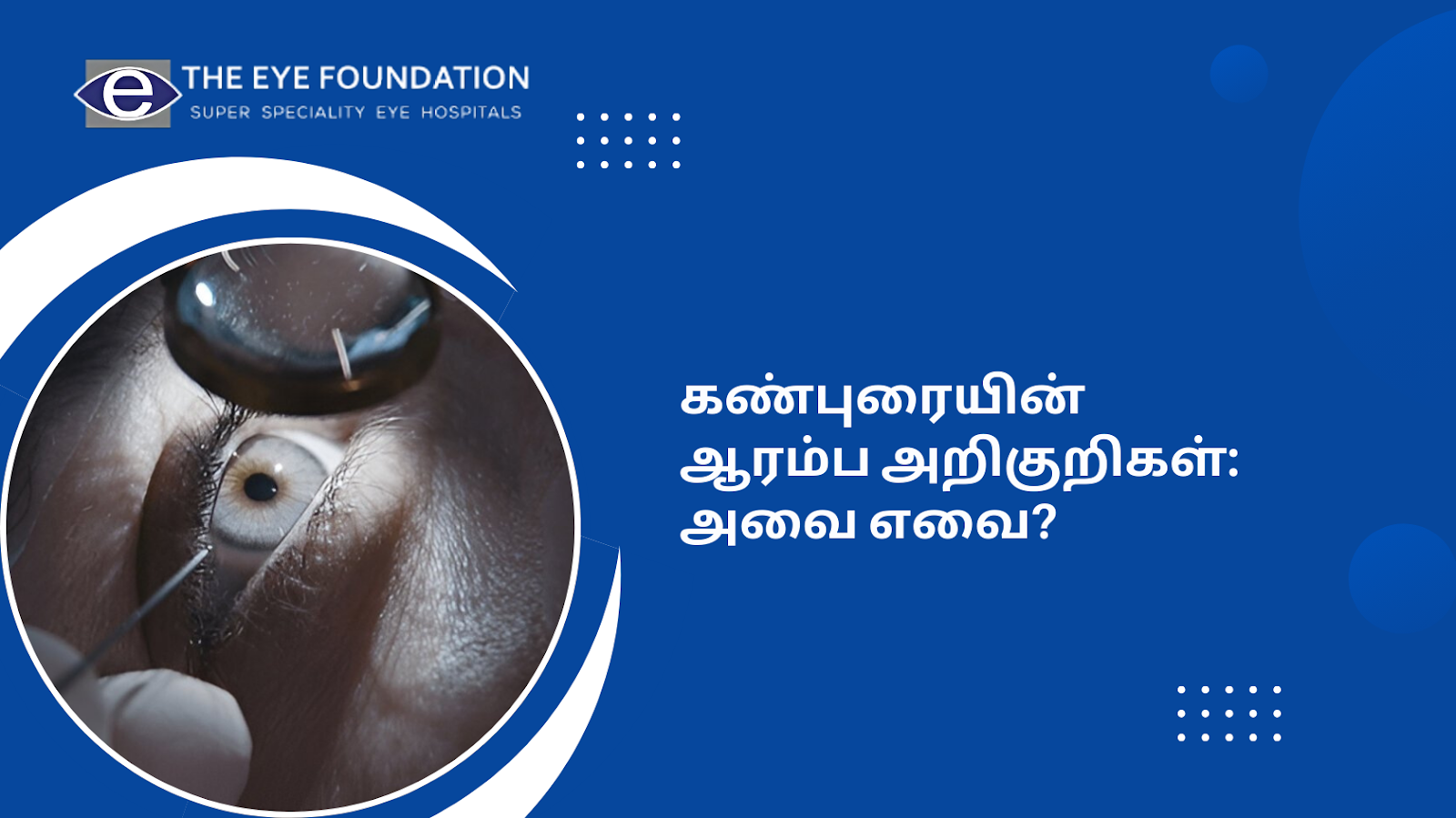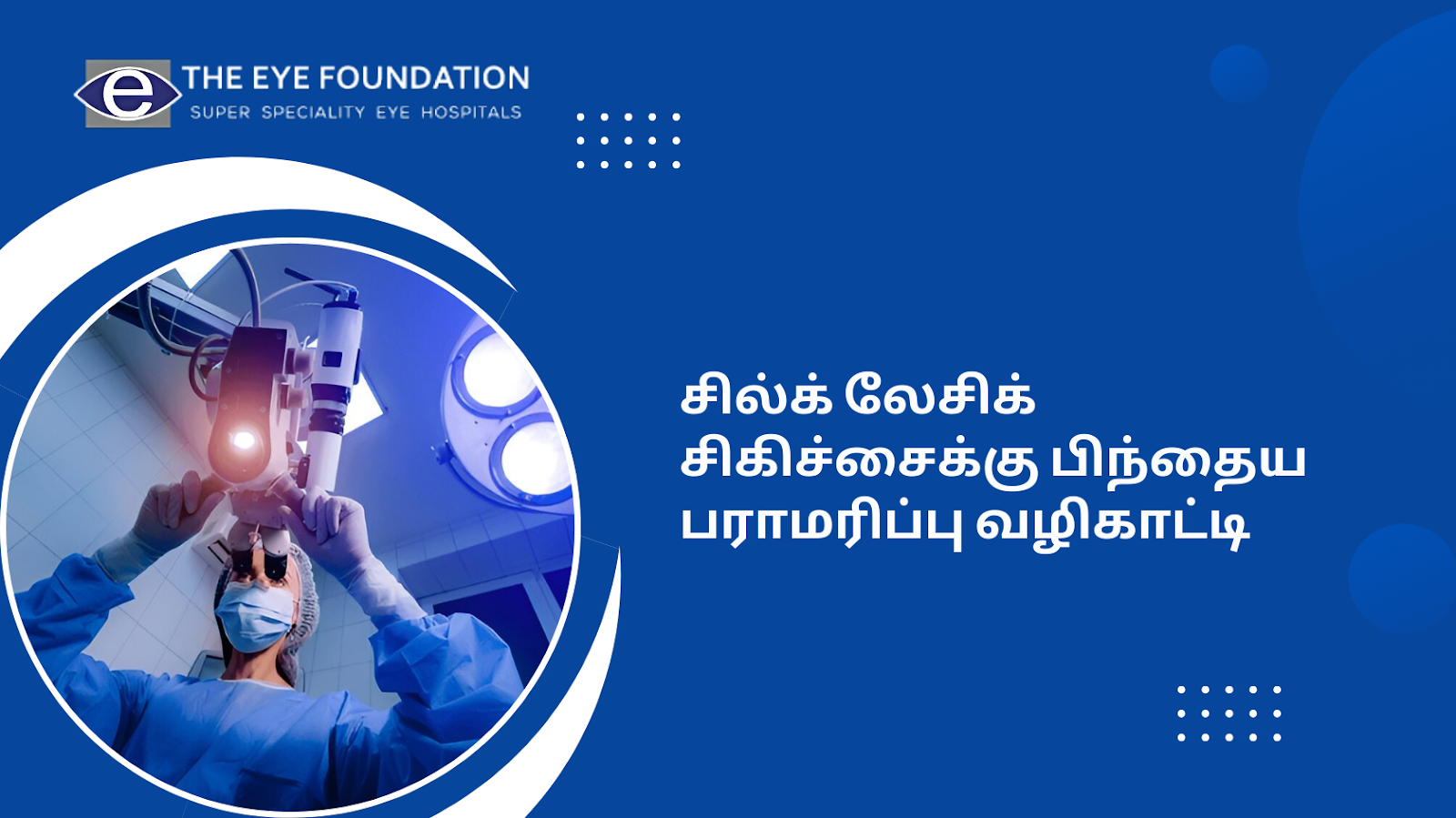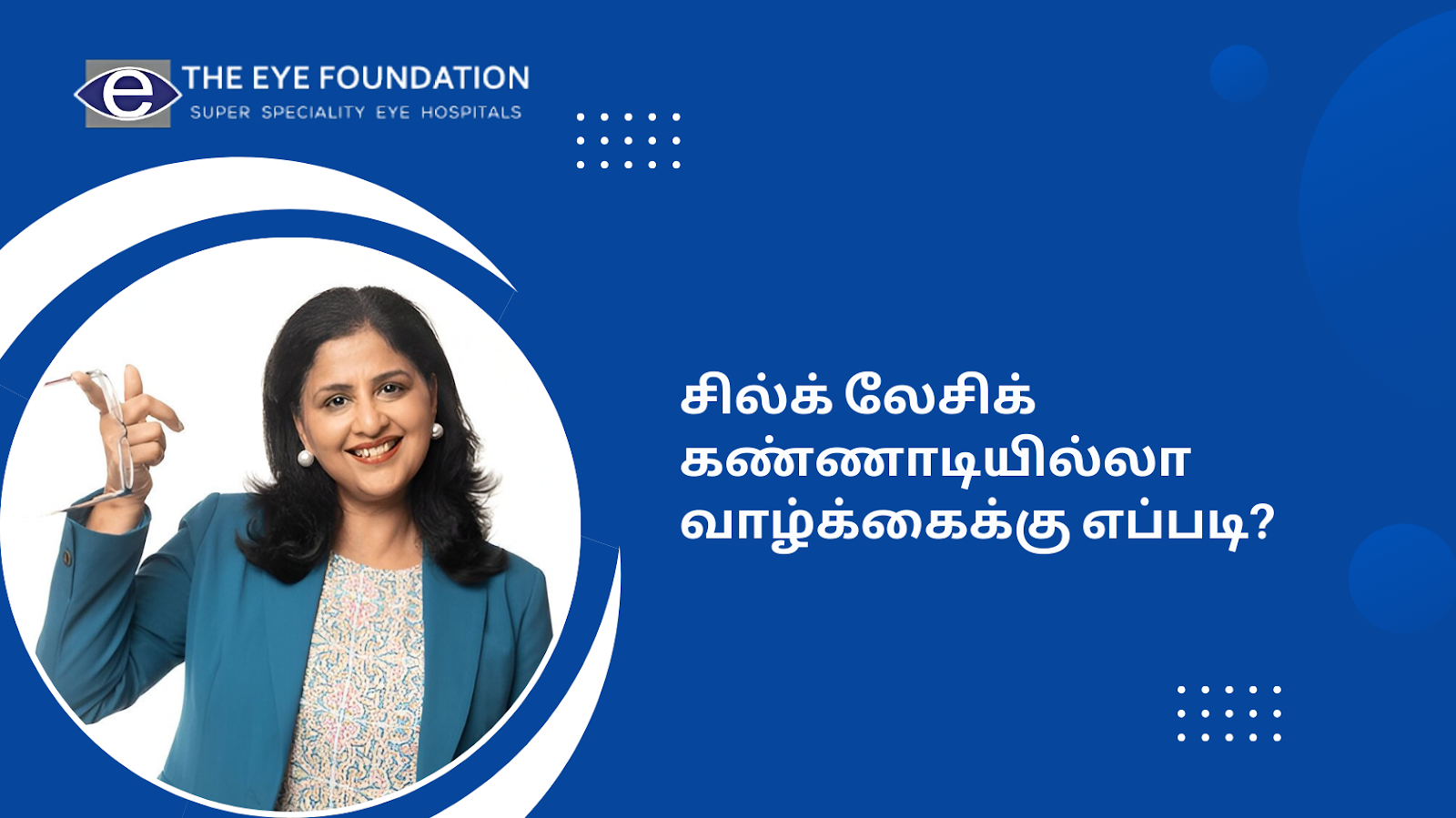The Hidden Connection: Thyroid Disorders and Eye Health
Explore the intricate relationship between thyroid disorders and eye health, understanding the potential impact on vision and ocular well-being. The human body is a complex and interconnected system where various organs work together to maintain optimal health. One such intricate connection exists between the thyroid gland and the eyes. Both of these systems play crucial roles in an individual's well-being, with the eyes ensuring clear vision and the thyroid gland contributing to metabolism, growth, and overall body development. When an imbalance occurs in the thyroid gland, it can have a direct impact on eye health. In this article, we will delve into the interconnection between the thyroid gland and the eyes, exploring the symptoms that may arise and the available treatments to address these issues effectively.
Connection between the Thyroid Gland and the Eyes
Thyroid eye disease is a specific eye condition that involves inflammation and swelling, causing damage to the surrounding structures of the eye, including the eye muscles, fatty tissues, and connective tissues. This disorder is classified as an autoimmune eye disorder, occurring when the immune system mistakenly attacks the body's own tissues. Thyroid eye disease requires careful management to safeguard vision and ensure optimal eye health.
The thyroid gland, situated in the neck, plays a vital role in producing hormones that are crucial for regulating metabolism and controlling the body's energy levels. However, when the thyroid gland becomes either hyperactive (hyperthyroidism) or underactive (hypothyroidism), it disrupts the delicate equilibrium necessary for maintaining healthy eyes.
Common thyroid disorders associated with eye problems
Graves' disease, also known as hyperthyroidism, is an autoimmune condition characterized by excessive production of thyroid hormones. This condition can have a significant impact on eye health, leading to a specific eye disorder known as Graves' disease or thyroid eye disease. Symptoms of this condition may include blurry vision, double vision, inflammation, redness, and dry eyes.
Hypothyroidism, on the other hand, occurs when the thyroid gland produces an insufficient amount of hormones. Although it may not directly cause eye problems, it can still influence eye health. Common symptoms of hypothyroidism include dry eyes and puffy eyelids. Some individuals with hypothyroidism may also experience droopy eyelids or ptosis.
Hashimoto's thyroiditis is another autoimmune disorder that affects the thyroid gland, resulting in inadequate production of thyroid hormones. While eye problems are less commonly associated with Hashimoto's thyroiditis compared to Graves' disease, some individuals may experience symptoms such as dry eyes or eye irritation.
It is important to recognize that the impact of thyroid disorders on eye health can vary from person to person. If you suspect any thyroid-related eye issues, it is advisable to consult an ophthalmologist for a thorough diagnosis and appropriate treatment to manage your eye health effectively.
Diagnosing Thyroid-Related Eye Problems
If you are experiencing eye-related symptoms alongside thyroid dysfunction, seeking medical attention is crucial. Consulting with an endocrinologist or an ophthalmologist is recommended to accurately diagnose the underlying cause. The diagnostic process may involve blood tests, ultrasound imaging, and scans of the eyes to assess the extent of the condition and determine the appropriate course of action.
Treatment
The treatment options for thyroid-related eye problems vary depending on the severity of the condition. Mild cases typically involve the use of lubricating eye drops, eye ointments, and lifestyle adjustments. However, in more severe cases, treatment may also include medications to regulate thyroid hormone levels, corticosteroids to reduce eye inflammation, and surgical procedures to correct eye misalignment, if necessary.
Is thyroid eye disease likely to cause blindness?
In most cases, mild thyroid eye disease does not lead to blindness. However, in severe cases, there is a 3-5% chance of vision loss. By seeking proper consultation and guidance from an ophthalmologist from the best eye hospital, you can minimize the risk and safeguard your vision for the future.
Gaining knowledge about the correlation between thyroid disorders and eye health is essential for early detection and effective management of these conditions. If you encounter any eye-related symptoms alongside thyroid dysfunction, it is crucial not to hesitate in seeking a consultation with an experienced ophthalmologist. They can provide accurate diagnosis and suggest suitable treatment options. Remember, choosing a reputable eye hospital like The Eye Foundation will greatly assist in addressing thyroid eye problems and improving your overall quality of life.






